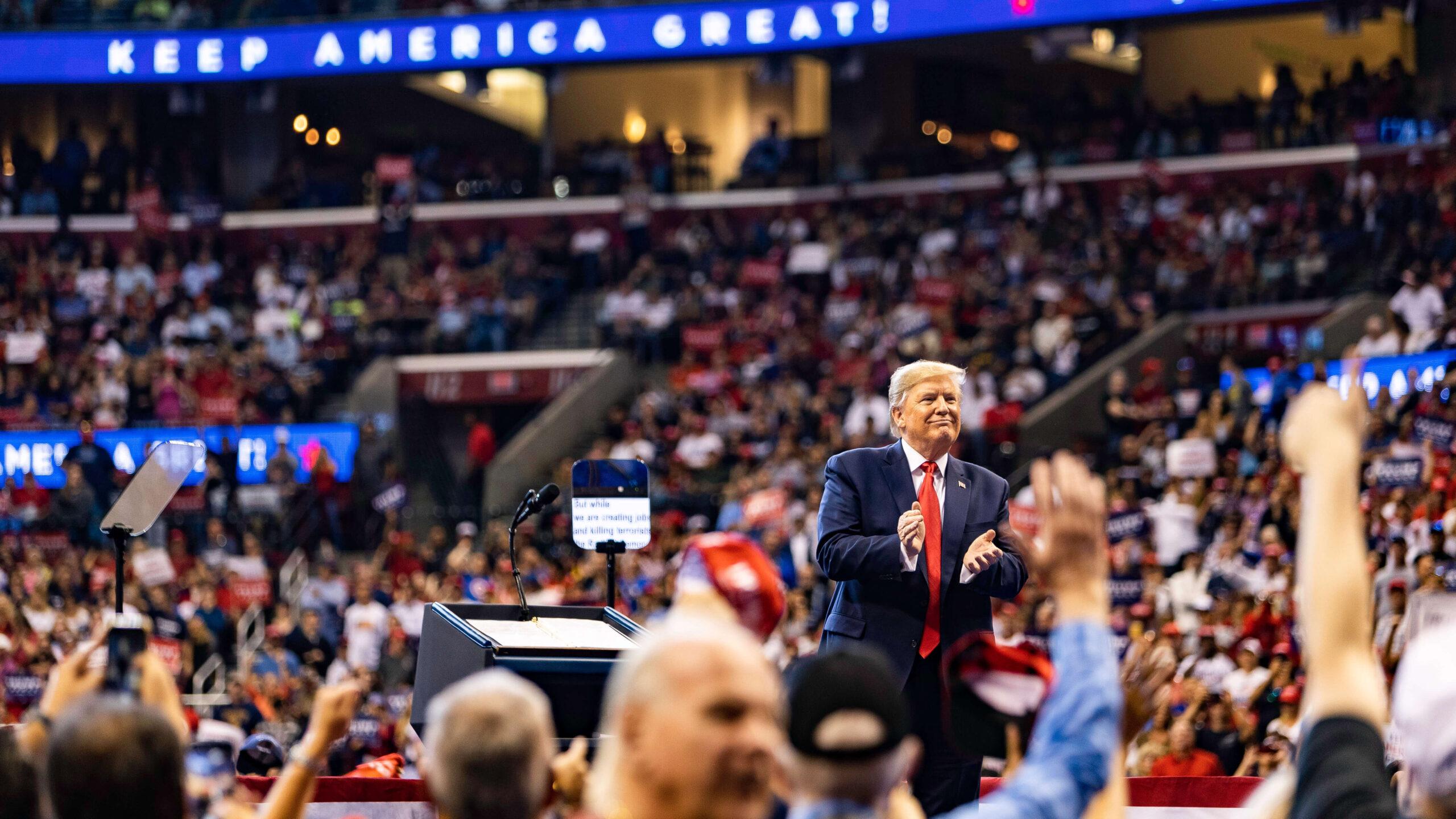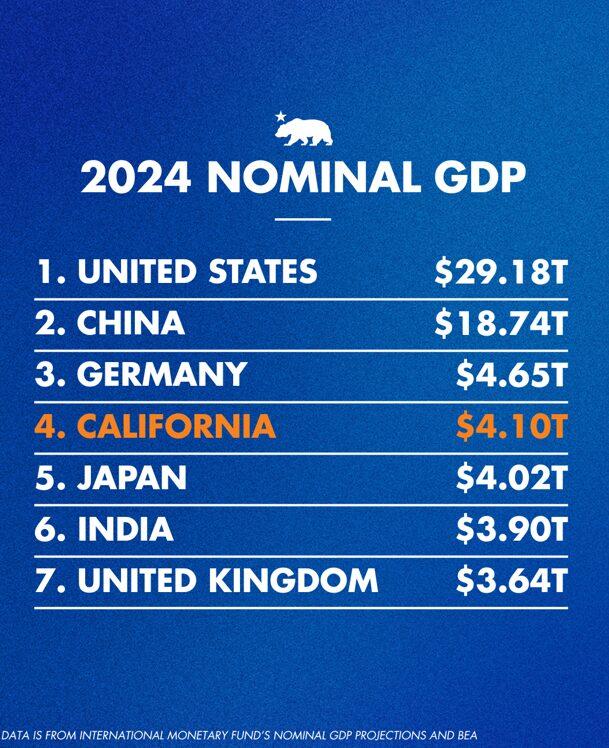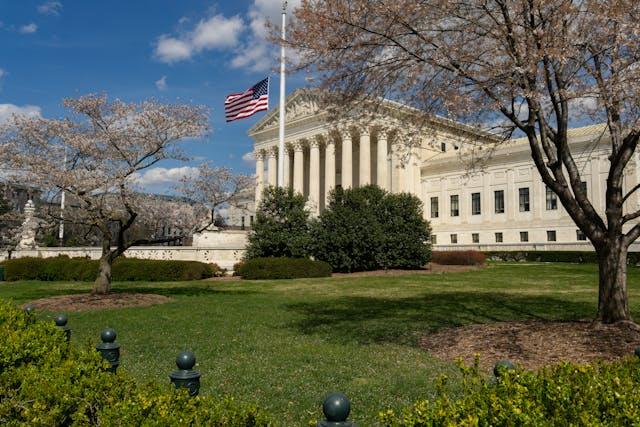DONALD Trump has clinched the United States presidency in a tightly contested election against Vice President Kamala Harris, marking a dramatic return to the White House. Trump’s key wins in critical battleground states sealed his victory.
In her concession speech, Harris urged her supporters to “accept the results of this election” and emphasized the need for national unity and respect for democratic principles.
Harris commended the record-high voter turnout and her campaign’s diverse coalition, highlighting her commitment to crucial national issues like healthcare reform and climate change. Her call for a peaceful transition of power and acceptance of the election outcome underscored her dedication to democratic values.
Trump’s path back to the White House
This victory marks a historic comeback for Trump, who previously served as the 45th president from 2017 to 2021. His path to re-election has been marked by a turbulent political journey, including an impeachment, a highly polarized presidency, and a narrow defeat in 2020. Undeterred, Trump mounted a fierce 2024 campaign, tapping into voter frustration with the current political landscape and positioning himself as a champion for change.
Trump’s resurgence reflects a divided yet determined political base, especially in swing states where his message of “America First” resonated. His campaign emphasized economic renewal, immigration reform, and restoring American manufacturing, rallying voters who feel left behind by globalization and economic shifts. This electoral win underscores Trump’s ability to mobilize populist sentiment and renew his core themes of economic nationalism.
Global reactions to Trump’s victory
Trump’s win has elicited varied reactions from world leaders. Philippine President Ferdinand Marcos Jr. Congratulated him, reaffirming the strong U.S.-Philippines alliance, particularly in defense and trade. While leaders in Asia and the Middle East welcomed Trump’s stance on national sovereignty and bilateral ties, European leaders expressed reservations, voicing concerns over his skepticism toward multilateral agreements and potential shifts in trade, climate policy, and defense commitments.
Trump’s agenda: Domestic and foreign policy challenges
As Trump prepares to return to the White House, his “America First” approach is expected to influence both domestic and international policies. The international community is closely monitoring his stance on alliances and existing agreements, with allies and adversaries alike anticipating potential changes in U.S. foreign policy.
Domestically, Trump’s supporters expect a renewed focus on economic growth, tax reform, and immigration policies. Critics, however, are concerned about potential rollbacks on environmental protections and healthcare reforms. Trump’s commitment to deregulation and revitalizing American industries will be a focal point of his administration as the transition begins.
A new chapter in American politics
Trump’s return to the presidency signals a shift in the U.S. political landscape, with major implications for both national and global issues. As he prepares to navigate his second term, the world will be watching closely to see how he addresses ongoing challenges, from economic disparities and climate change to shifting global alliances. His approach in the coming months will set the tone for what promises to be a defining era in American and global politics.





